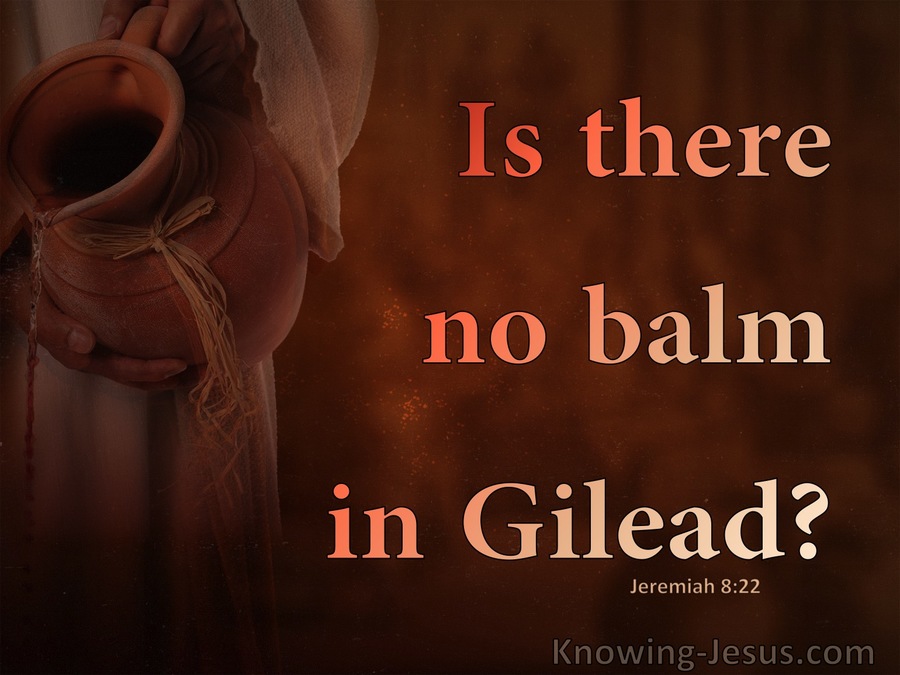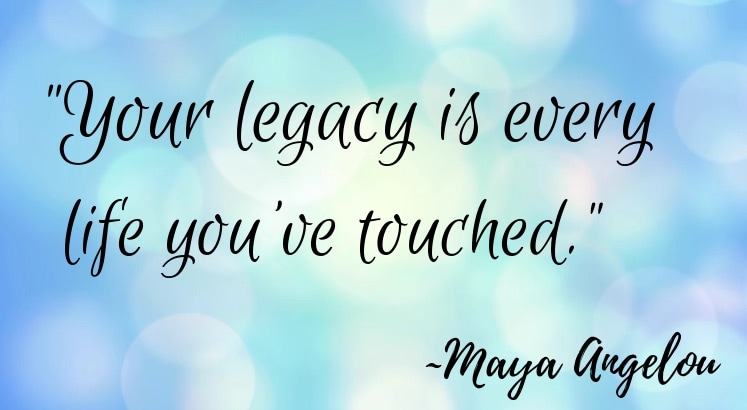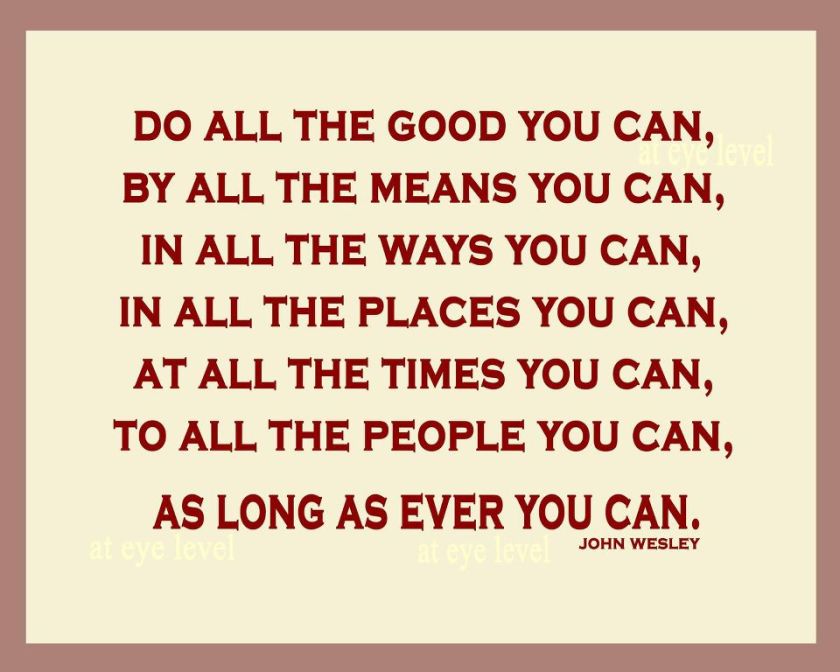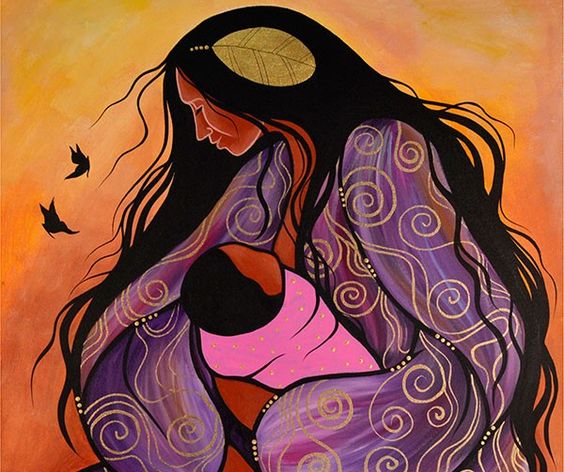Reflections on injustice & healing: themes from Jeremiah
Balm in Gilead — Grace Schulman “Is there no balm in Gilead?” So cries dour Jeremiah in granite tones. “There is a balm in Gilead,” replies a Negro spiritual. The baritone who chants it, leaning forward on the platform, looks up, not knowing his voice is a rainstorm that rinses air to reveal earth’s […]




